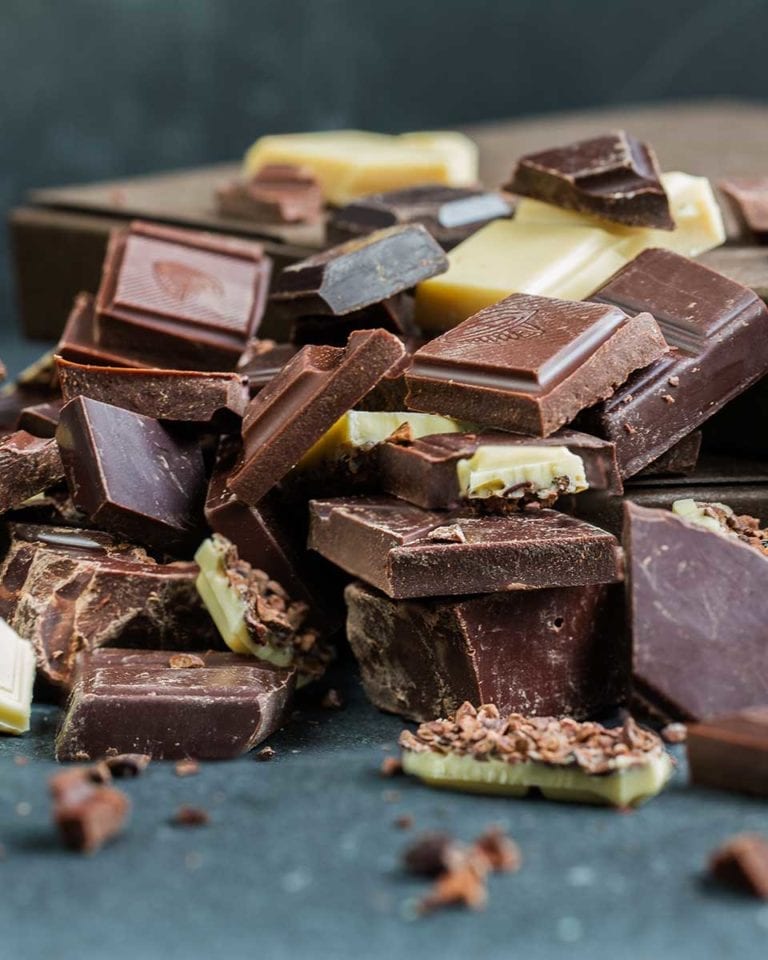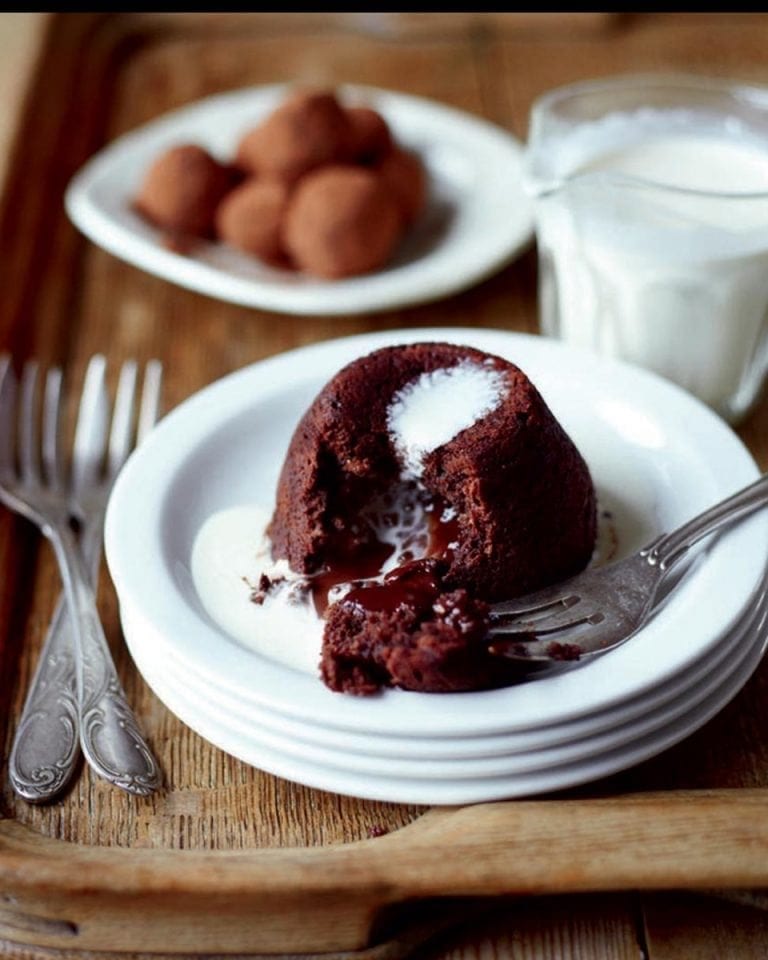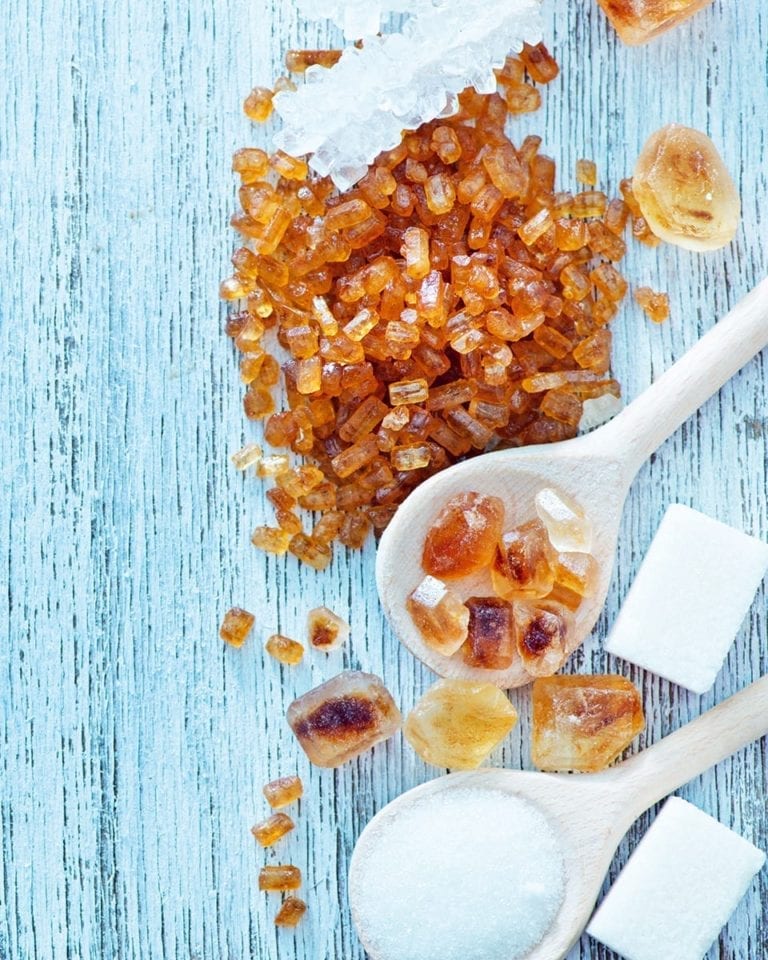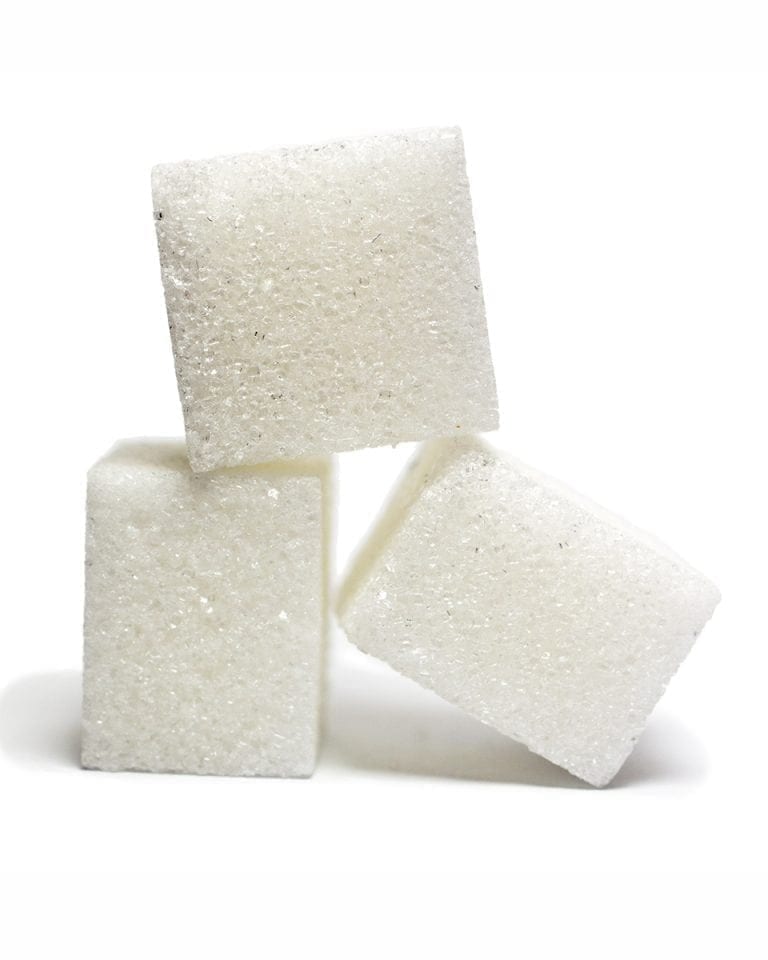Is dark chocolate really a health food?
A web search for ‘is chocolate a superfood’ yields almost 7 million results, with news and wellness sites featuring chocolate on their lists of must-eat nutritious foods.
But can confectionery – even if it contains less sugar than most – ever be that good for us? Sue Quinn investigates…

Once upon a time, chocolate was seen as an indulgent treat. Now, if some headlines are to be believed, it’s approaching the status of a health food. To enjoy a few squares of dark chocolate these days is synonymous with boosting your brainpower, lowering your blood pressure and reducing your risk of heart disease. So is this all just wishful thinking, or is there a scientific basis to the story?
Chocolate companies have had their own role to play in research to discover if chocolate is good for us. Over the past few decades, chocolate manufacturer Mars, as just one example, has poured millions of pounds into researching the science of chocolate, with many of its studies drawing positive conclusions. The focus has fallen on the health-enhancing, disease-fighting potential of compounds called flavanols, which are found in cacao beans. These compounds are also found in green and black tea, apples, pears, berries – and red wine. Once thought to be antioxidants – substances that prevent cell damage – scientists now believe flavanols are broken down in the gut and serve a different function. And two flavanols found in cocoa, epicatechin and catechin, have sparked particular scientific interest.
Blood pressure link
According to Ian Macdonald, professor of metabolic physiology at the University of Nottingham, cocoa flavanols increase the production of nitric oxide in blood vessels, and studies have shown that nitric oxide improves blood flow. “In theory, this should reduce blood pressure and some studies on long-term treatment of people with mildly elevated blood pressure have shown this result,” says Prof Macdonald.
Other studies suggest this improved blood flow can also boost brain function. Professor Jeremy Spencer, a world authority on flavanols and brain function at Reading University, says research shows that consuming cocoa flavanols can improve the ability to focus and perform complex tasks for a short period. “We see the effects within about one or two hours of taking the dose,” he says. “It happens in healthy individuals across all age ranges.”
None of the studies, however, has proved that consuming cocoa flavanols can reduce the risk of heart attack, improve overall health or extend lives: long-term studies would be needed for this. And one such study is underway.
The flavanol effect
In 2015, Mars began its five-year Cocoa Supplement and Multivitamin Outcomes Study (COSMOS) in conjunction with Harvard Medical School. Involving 18,000 men and women across the US, the study is investigating the effects of daily supplements of cocoa flavanols (600mg/day) and common multivitamins on the risk of heart disease, stroke and cancer.
The COSMOS research, like other studies, uses concentrated cocoa flavanols, so the participants are not eating chocolate bars. That’s because the chocolate-making process – fermenting, roasting and, in some cases, chemically treating cacao beans – destroys some, or all, of these potentially beneficial compounds. As a rule, dark chocolate contains more flavanols than milk chocolate. But contrary to popular belief, the quantity of flavanols in a bar doesn’t increase with the darkness of the chocolate. Rather, the flavanol content depends on the variety of cacao beans used and the way they’re processed. Milk chocolate contains virtually no flavanols.
Even Mars concedes that chocolate is ‘not a good delivery mechanism’ for flavanols. “They are largely destroyed during the manufacturing of chocolate,” says a statement from Mars. “Chocolate therefore contains negligible amounts of flavanols, no matter the percentage of cocoa.” The aim of the COSMOS study, Mars explains, is to explore the potential for cocoa flavanol supplements.

Truth behind the numbers
To consume sufficient flavanols to have positive effects we would need to eat large, unhealthy quantities of chocolate, according to scientists. A 2016 German study found that a daily 100mg dose of epicatechin – the amount known to improve blood flow – was the equivalent of up to 200g chocolate. And the 900mg of flavanols that achieved lower blood pressure in some people was equal to up to 500g of chocolate.
So, dark chocolate isn’t a health food? “No, it is not,” concludes Prof Macdonald. “I don’t like the idea of getting cocoa flavanols from chocolate unless they’re in a very concentrated form, as the energy in the chocolate is a serious issue in terms of obesity.” Prof Spencer agrees: “Even dark chocolate isn’t a health food,” he says. “You’re probably talking about such a high quantity and energy intake that this would outweigh any positives.”
The British Heart Foundation concurs: “There is evidence suggesting flavanols found in cocoa could help to lower blood pressure, but most of this research won’t use the type of chocolate bars you’ll find at the supermarket,” says senior dietitian Victoria Taylor. “All chocolate is made with cacao beans and dark chocolate contains more cocoa than milk chocolate, but that doesn’t mean it’s necessarily a good source of flavanols.”
The bottom line?
While there is promising evidence that the flavanols in cacao beans may have health benefits, most will be destroyed during the chocolate-making process.
The amount of dark chocolate you’d have to eat to consume sufficient flavanols would involve unhealthy quantities of sugar, fat and calories. Dark chocolate is a healthier option than milk chocolate and other types of confectionery as you’re likely to eat less of it because it’s more intense, and it contains less sugar, fat and other additives. But it’s not a health food.
True or false?
Fresh cacao beans contain flavanols, compounds that might have some health benefits: TRUE
Flavanols are destroyed in the chocolate-making process: TRUE
The darker the chocolate the more flavanols it contains: FALSE
Chocolate is a healthy vehicle for flavanols: FALSE
Dark chocolate is a superfood and has many health benefits: FALSE
Subscribe to our magazine
Food stories, skills and tested recipes, straight to your door... Enjoy 5 issues for just £5 with our special introductory offer.
Subscribe
Unleash your inner chef
Looking for inspiration? Receive the latest recipes with our newsletter


